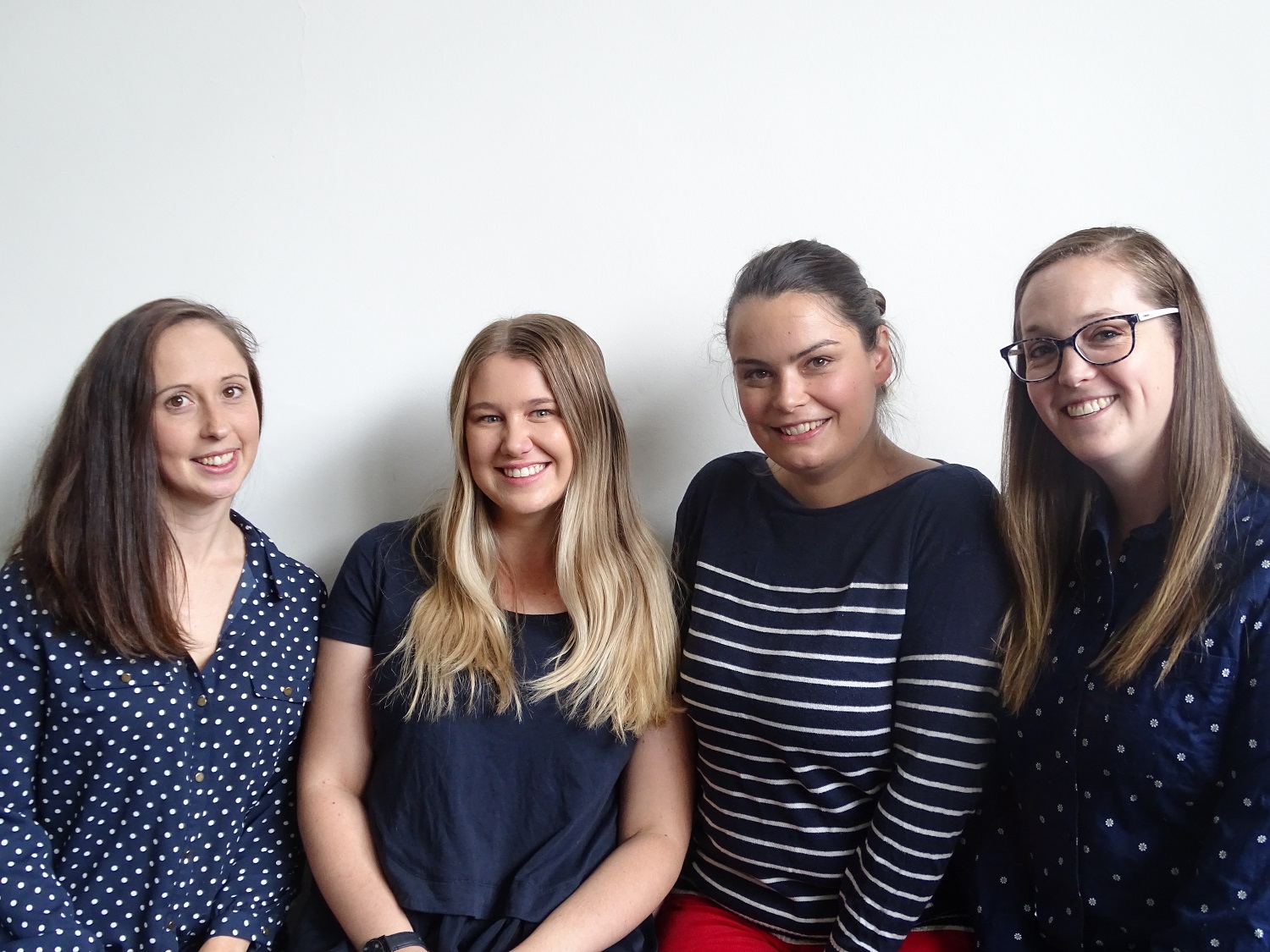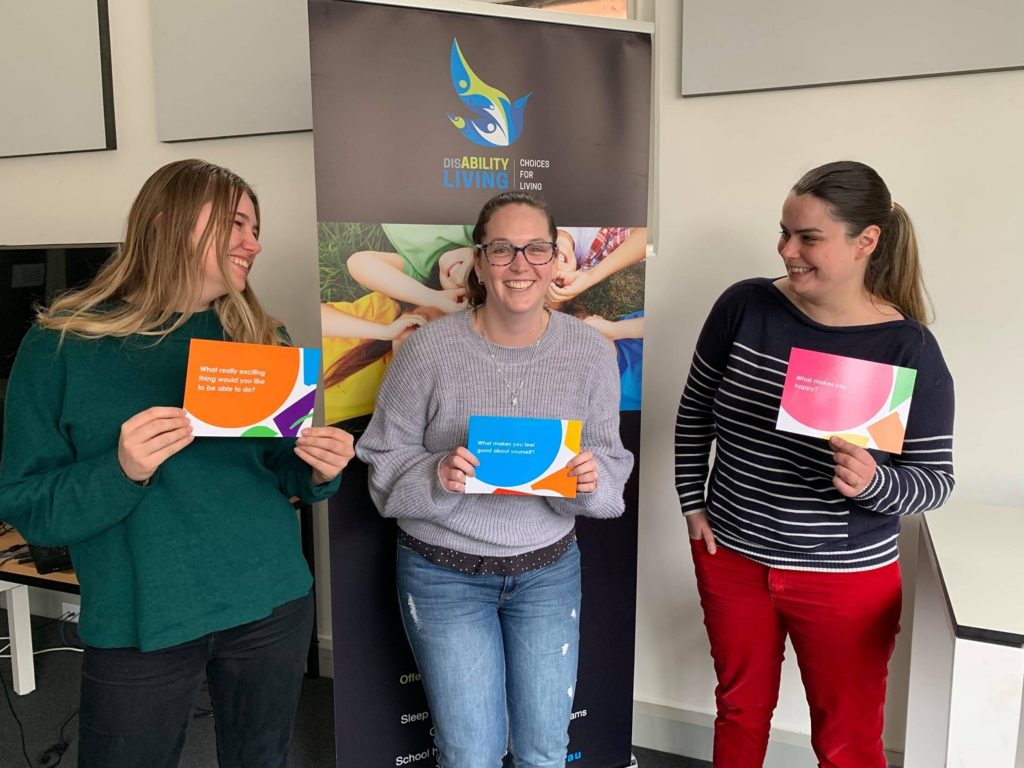
High demand for accredited Developmental Educators (DEs) is leading to promising career opportunities for Flinders University’s Disability and Community Inclusion graduates.
Developmental education is an emerging but steadily growing discipline due to growing recognition as a health profession and the rollout of the National Disability Insurance Scheme (NDIS).
Flinders University placement partner disAbility Living is passionate about taking on placement students, providing them with an opportunity for growth and a chance to explore the world of a DE.
DEs empower people with disabilities to achieve social inclusion and maximise their quality of life by assisting with the development of life skills.
disAbility Living employs eight developmental educators who specialise in providing developmental and behavioural assessments, positive behaviour support, functional skills and emotional health and wellbeing to people with disabilities.

Emily Anderson, disAbility Living’s Manager of Developmental Education and Specialist Support, says a shortage in qualified developmental educators means job prosperity is high for disability graduates.
Flinders University is the only education provider offering professional accreditation through its course.
“We can’t get enough of independent, strong-skilled DEs who are able to work autonomously and support a high quality of work,” Emily says.
“As an experienced DE I am very passionate about the industry taking responsibility for this and supporting wherever possible potential new DEs into the sector.
“We have now overseen nine placement students in the last three years and have committed to another eight next year.
“From our placement students, we have employed one final year student so far, and we have just offered another placement student a part-time position as she finishes her last six months of study.”
That student is Flinders University’s Carly Mercier who is in her fourth year of the Bachelor of Disability and Developmental Education course and has just completed a 150-hour placement at disAbility Living.
She describes it as a “an eye-opening and phenomenal experience” allowing invaluable insight into the day-to-day role of a DE and how they positively shape the lives of people with disabilities.
“I have never come across an organisation like disAbility Living which truly respects and values a student’s professional input and knowledge,” Carly says.
“disAbility Living treats their students like another member of the team.”
Carly has aspired to work in the disability sector since she was a teenager – a dream driven by a passion to simply “help people”.
“DEs are extremely lucky to have the opportunity to change the world for the better and by doing so, changing the lives of many individuals with a disability,” she says.
Students who graduate from the Bachelor of Disability and Developmental Education and the Masters of Disability, Policy and Practice are eligible to practice as DEs, receiving professional accreditation from DEAI.

